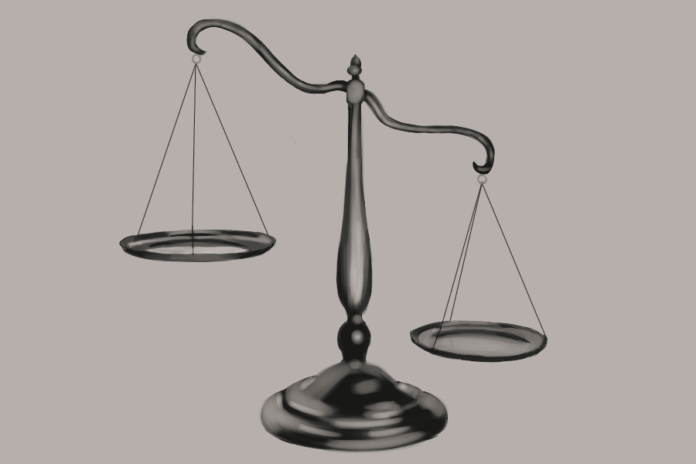Why it is always wiser to tell the truth
By YASMEEN O’BRIEN — yjobrien@ucdavis.edu
A few years ago, I was introduced to the Czech proverb: “Better a lie that soothes than a truth that hurts.” When I came across it for the first time as a 17-year-old, I thought it sounded beautiful and complex. I knew I was guilty of telling lies I believed were harmless and unimportant. Sometimes, I felt that a hurtful truth was unnecessary, especially as the people-pleasing teenager I was.
People tell these kinds of lies all the time. We compliment people’s outfits when we don’t especially like them. We tell our friends everything is going to be okay when we don’t know for sure. We tell that annoying person that we’re busy when we’re really sitting at home watching TV. We’ve all told the most common lie of all: “I’m fine.”
Recently, I told my uncle I loved his Christmas gift as I calculated what I could get when I returned it. Sometimes, though, these lies backfire — my grandfather got stuck receiving unwanted owl figurines for 40 years.
Our parents told us lies when we were children that were intended to shield us from the evil of the world: our dog went to visit a sunny, peaceful farm for the rest of its life, a man named Santa Claus magically enters our home and brings us presents every year and babies are delivered by storks. Are we better off having believed these? Did this really shield us? Maybe these lies saved our childhood, or maybe they delayed our understanding of the world and created our first inklings of distrust.
It’s been four years since I first heard this proverb, and it doesn’t sound so beautiful anymore. I don’t know if it’s all the life I’ve experienced between the ages of 17 and 21, or my quest to become a better person, but my perspective has changed. Now, I believe the truth is always better, full stop.
But I do recognize that it’s not that simple. There are lies that appear to soothe, it’s true. But how much soothing do they really do? Sure, when you lie you don’t have to face an inconvenient truth. You are let off easier and it seems like no one gets hurt. The lie is enticing — it seduces us by offering us things the truth can’t. But just because someone can’t feel the pain you’re causing them doesn’t mean you’re not hurting them. It’s only a matter of time before the truth comes out. And it always does.
Truth, addressed and delivered with care, is much better than a lie, no matter how small it may seem. The lie will always cause more hurt in the end.
If you have ever been lied to, you are familiar with this feeling of disrespect, betrayal and insecurity. Your version of the truth is completely discredited. It feels like the person lying to you does not value or respect you enough to tell the truth. It’s cowardly to lie. Therefore, telling the truth is a kinder and more respectful choice. It is a very courageous act to confront the uncomfortable.
Lying to someone takes away their agency. It corrupts one of the most important qualities of being human: the ability to make free, rational choices. After all, it’s impossible to make informed decisions when you’ve been lied to. I am not claiming to be some perfect truth-teller, but I know I wouldn’t want my agency taken away. The golden rule applies here: “Do unto others as you would have others do unto you.”
Don’t get me wrong, there are some things I wish I didn’t know. Things I believe I didn’t have to know. It feels like I would have been happier without the truth. Ignorance is bliss, isn’t it? But when I stop to think about it, the bliss that ignorance gives you isn’t all that blissful. No matter how uncomfortable, the truth sets you free. And when given the power to set someone free with the truth or keep them caged with a lie, I hope you will choose to tell the truth.
Written by: Yasmeen O’Brien — yjobrien@ucdavis.edu
Disclaimer: The views and opinions expressed by individual columnists belong to the columnists alone and do not necessarily indicate the views and opinions held by The California Aggie.




